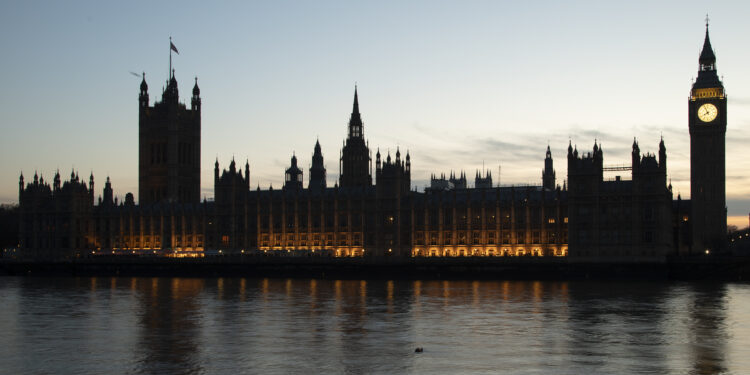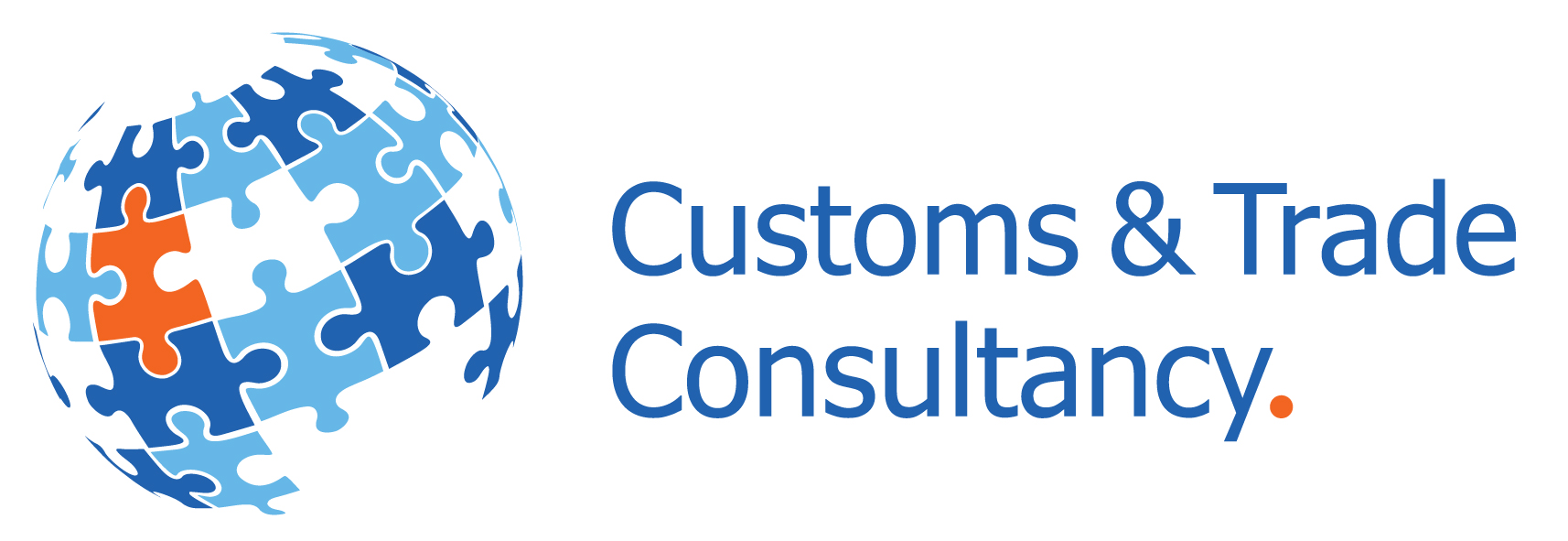
23rd April, 2024
From 30th April, 2024, new post-Brexit regulations will be introduced for sanitary and phytosanitary (SPS) imports into Great Britain (GB). These new regulations will affect the places where checks take place. They also affect the documentation the trader must have ready for the consignment, as well as the type of checks the consignments will be undergoing. Please refer to our March article for more details: Are you ready for the new Import Controls on 30th April, 2024?
Introduction of the post-Brexit Common User Charge
One aspect that traders might be unfamiliar with is the charges that will apply to eligible imports coming into GB. The so-called Common User Charge will apply to imports of animal products, plants and plant products entering GB through the Port of Dover or Eurotunnel which are eligible for sanitary and phytosanitary (SPS) checks at a government-run Border Control Post.
The UK government applied these charges to fund the government-run Border Control Posts at the Port of Dover and Eurotunnel.
How it works in practice
The Common User Charge will apply to common health entry document (CHED) notifications on the import of products, animals, food and feed system (IPAFFS) that are submitted or changed on or after 30th April, 2024.
It will apply to each commodity line in a CHED with a maximum of 5 commodity lines, even if there are more than 5 commodity lines present in the CHED. Medium and high-risk CHEDs will be capped at £145. Low-risk products of animal origin (POAO) CHEDs and POAO transits will be capped at £50.
If a CHED has commodity lines with different risk categories, the rate of the highest risk category will apply to all commodity lines.
The Common User Charge rates for live animals will be published in a later stage.
It is important to note that the Common User Charge will be applied to all eligible imports, irrespective of whether the import is selected for a physical check at planned government-run Border Control Post facilities.
Further details can be found on the GOV.UK website here.
What can you do to prepare for these new post-Brexit import controls?
Traders should be aware and understand that their operating costs will increase if a Common User Charge applies to their imports. This Common User Charge is in addition to the inspection fees from the Port Health Authority (for products of animal origin) and/or the Animal and Plant Health Agency (for plant and plant products) that also apply upon entering GB.
Commercial (private) ports are to set their own charging structure and rates for traders using their services.
Additional charges will apply in situations of late payment or payment avoidance of the Common User Charge.
The first digital invoices will be issued later in the year for charges incurred from Apri 30th, 2024. Thereafter, invoices will be issued monthly.
If you have any questions about the Common User Charge or any other aspect of importing into GB from 30th April, 2024, please get in touch with us today.
